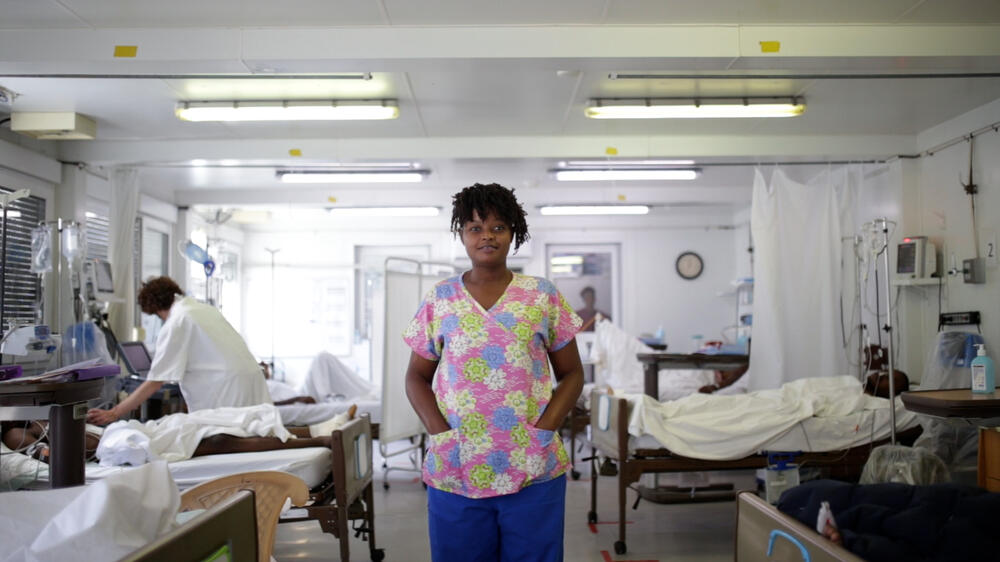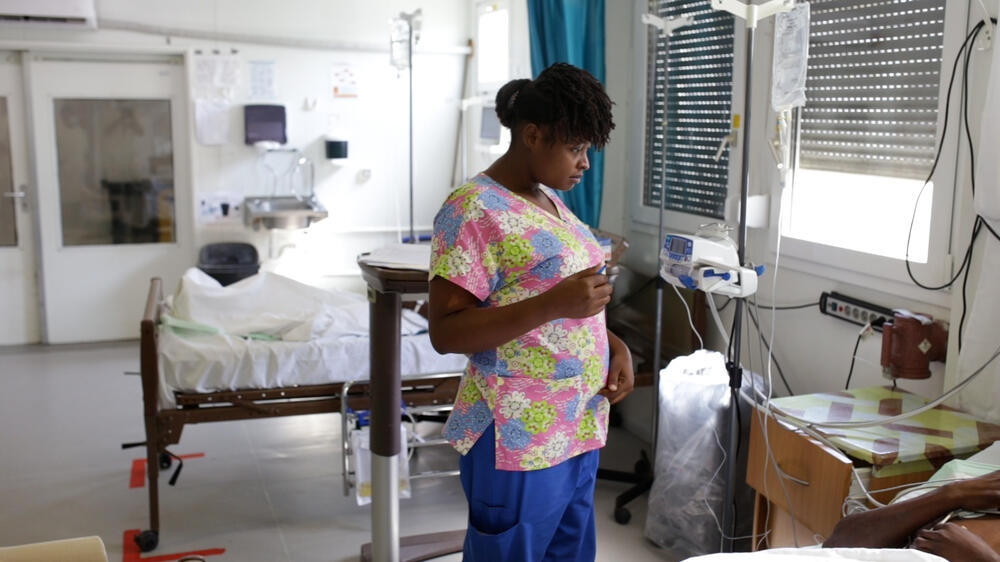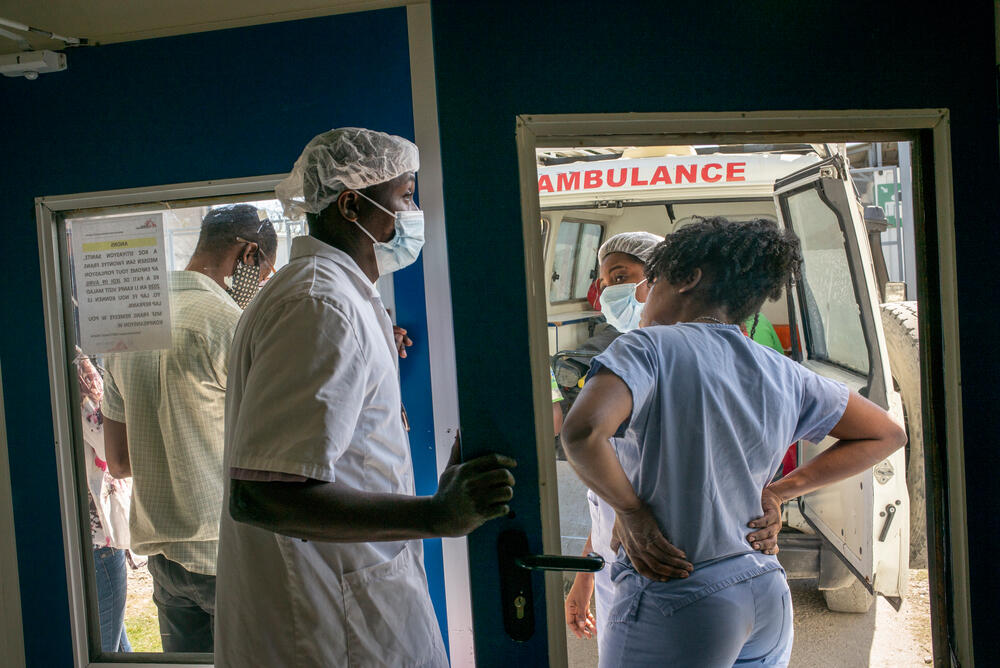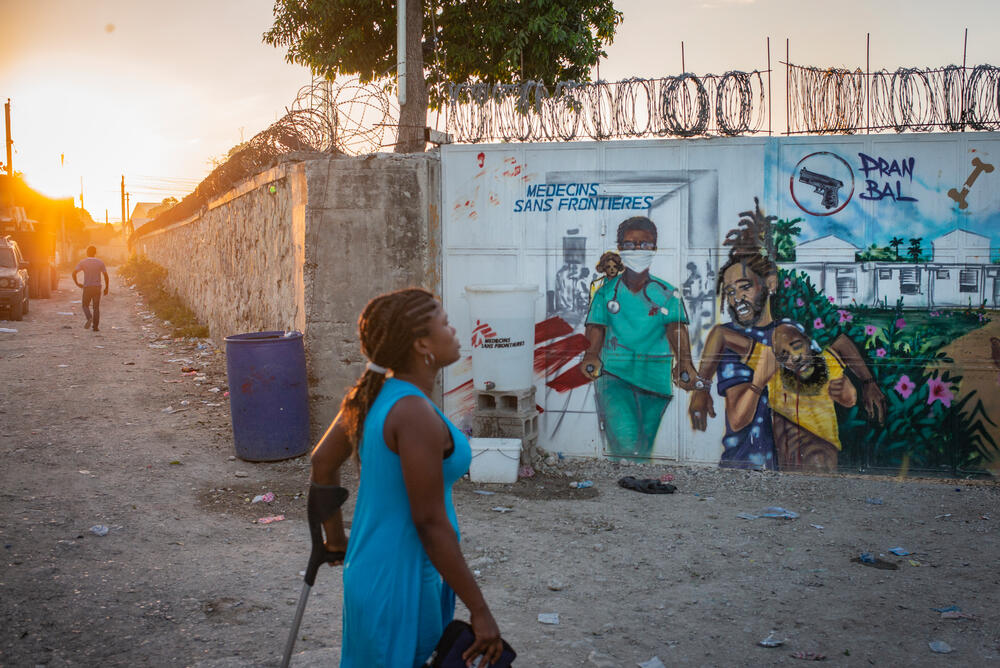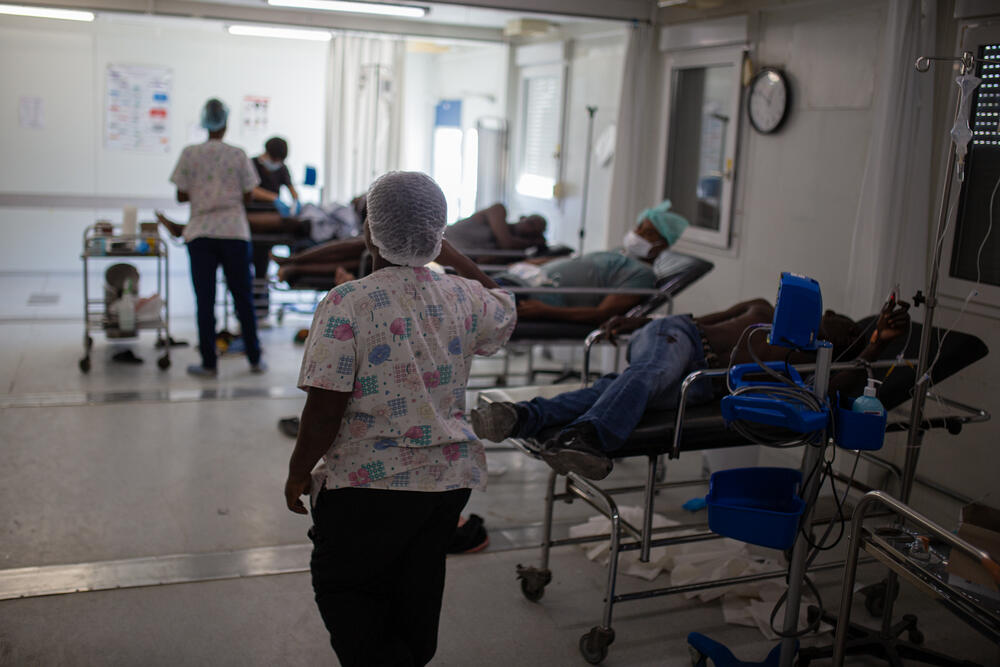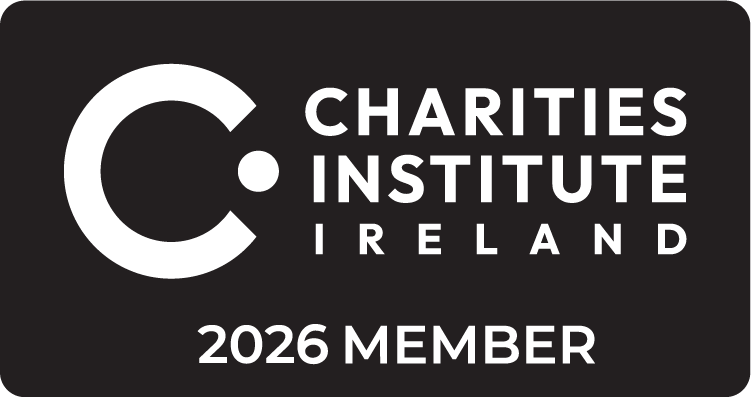International Day of Nurses 2023: ‘Nursing is my calling’
11 May 2023
Gessica Fleurmond’s family knew from early on that she was destined for nursing. Now, Gessica is a highly experienced intensive care nurse, and she and her colleagues help hundreds of trauma patients each year in MSF’s Tabarre hospital in Port-au-Prince, Haiti.
In Haiti, surging gang-related violence and crime alongside road traffic accidents contribute to the consistently high demand for trauma healthcare.
“In the intensive care unit (ICU), we receive patients with head trauma, closed or open abdominal trauma, and also vascular wounds in the upper or lower limbs. They need intensive care because they’re in a life-threatening condition, they need to be closely monitored, they need to be cared for,” says Gessica.
As an intensive care nurse, Gessica must be prepared to deal with anything and everything. But, she says, seeing someone in very bad shape is always tough. “For instance, when we know a patient won't make it… You do the work, you provide the care, you give the medication, but you already know that this person won't make it. It's quite difficult and painful, especially when the parents visit.
“We are an intensive care team, we work together in agreement for the good of the patient.”
“If the team sees that the patient is not going to make it, we talk to the psychologist, the psychologist meets with the family, and then with the doctor and the nurse, we see the family again, we explain what happened, what we think, what we are going to do. For the family, it's very sad, sometimes they go crazy, they run, they collapse, crying, but it needs to be done.
Intensive challenges
A collaborative team is always important when delivering quality healthcare, but perhaps even more so in settings like Haiti, where resources aren’t optimal.
“There's a lack of equipment in the hospitals, and there is a lot of frustration among the staff because we feel constrained and limited. The nurses are competent and qualified,they can work anywhere, sometimes in remote areas replacing a midwife or a doctor. But a lot of equipment is missing,” says Gessica.
Another challenge is a lack of specialist training. “I did not receive any specific training to become an ICU nurse. With flexibility, adaptability, you learn every day… to work and develop the right skills.
“At MSF, I received training on intubation, on resuscitation, patient positioning, all that.”
A calling
Despite the challenges, Gessica knew from early in her life that she had certain strengths that led to a career in nursing.
“My ability to become a nurse was discovered by my grandmother and my sister. They thought that I took good care of the ones I loved and that I made sure everything was done as well as possible. This is what led me to pursue this career. I thought that maybe it was my calling.
“What I enjoy most about my job is when we receive a patient in a very bad condition, and we help them get better until they make a full recovery.”
One particular patient had a profound impact on Gessica. “Two years ago, a child was admitted here. He was eight years old. He had been the victim of a road accident with very severe injuries to both his legs. When the patient came in, he was fully aware of what was happening, and he was able to express it normally. It made quite an impression on me because he was only eight years old.
“He explained the accident, what he was experiencing, what he felt. It was really tough, some of us even cried. And it was especially hard for the parents because they blamed themselves for sending their child run an errand, so they believed that if they hadn't sent him out, this wouldn't have happened.
“Nursing is a noble profession, and it is a calling.”
“He was in severe pain, needing very high doses of morphine analgesics [pain relief medication]. After weeks of care, we were able to save one of his limbs. Now he has fully recovered, he can easily run and walk with a prosthetic leg. This made a strong impression on me because he was a child, it was a very serious accident, he could have died but he was strong, physically and morally, especially morally. He believed in the future and he didn't give up. It really, really left a mark on me.”
Looking to the future
“What I wish for this generation of nurses in Haiti is that they be firm, but at the same time gentle, that they have a lot of empathy, love, great ethics, dedication, and also a lot of courage, because it does take courage. Yes, because the country is almost pushing us to give up but if you only look at the negative side, you’ll get discouraged before you even enter the hospital. We need to focus on the patients, because they need us.”
Gessica is a strong communicator with a passion for sharing a message. And as a qualified sign language interpreter, she’s able to speak with people who are hearing impaired or have a speech disability, another way she contributes to providing access to care. “I love this language,” she says.
Communication no doubt strengthens her ability to connect with patients. “Nursing is a noble profession, and it is a calling. We need to push ourselves and help others, it's almost like putting ourselves second to take care of others.”
MSF has worked in Haiti since 1991. The trauma hospital in Tabarre was established in 2019 and provides emergency, surgical, burns and psychological care and physiotherapy. The hospital has a 50-bed trauma ICU and an additional 20-bed ICU for severe burns. In 2022 the teams treated 316 people in intensive care.
